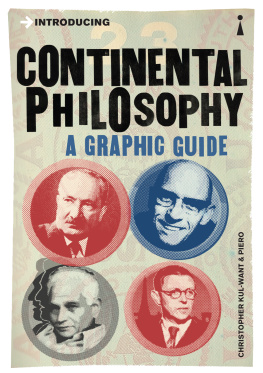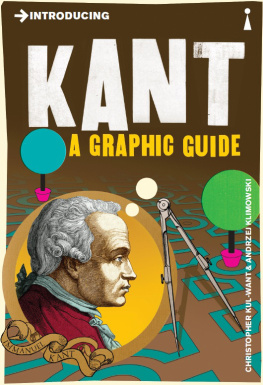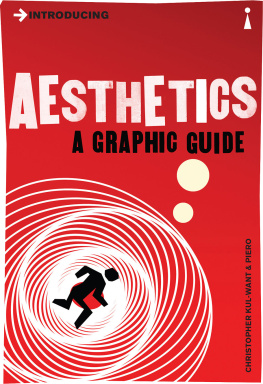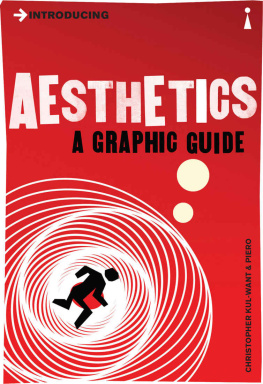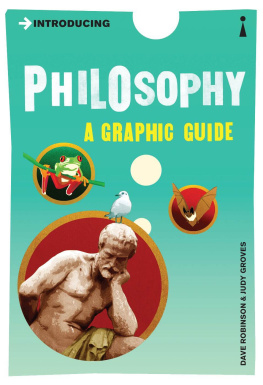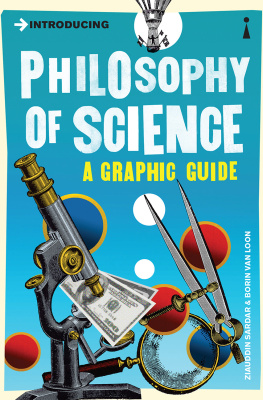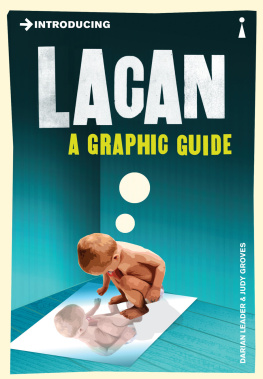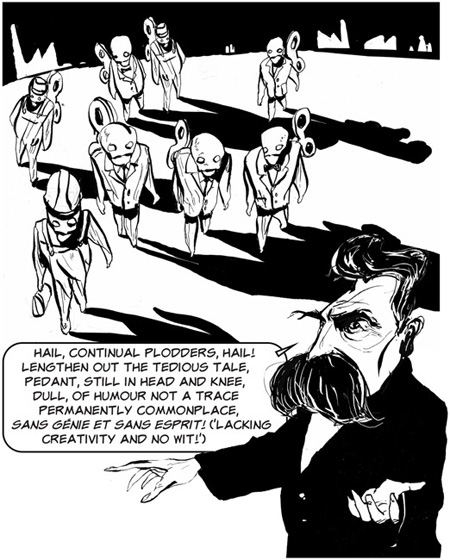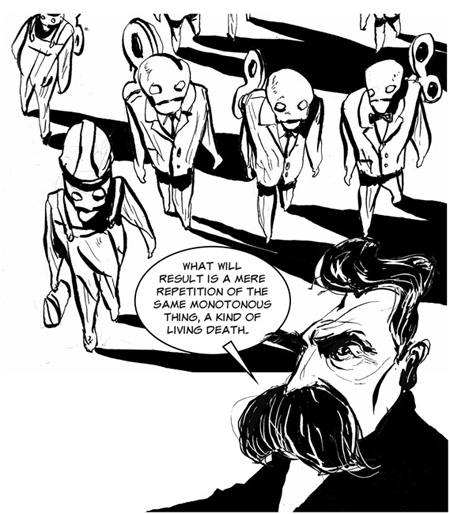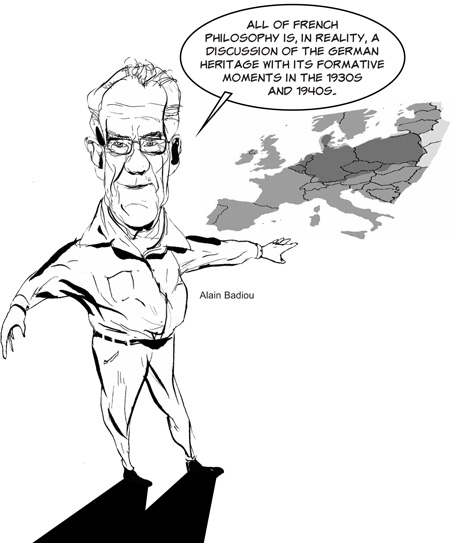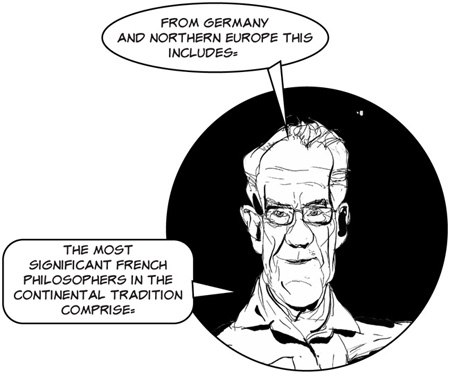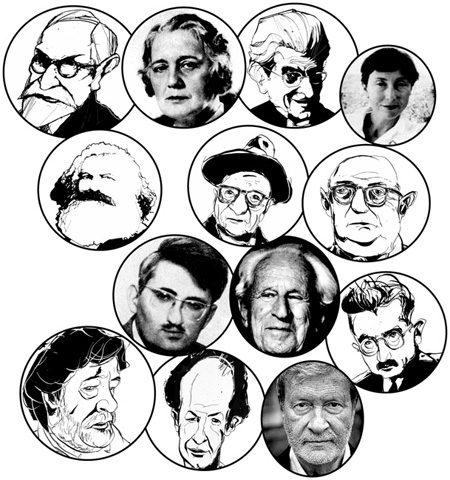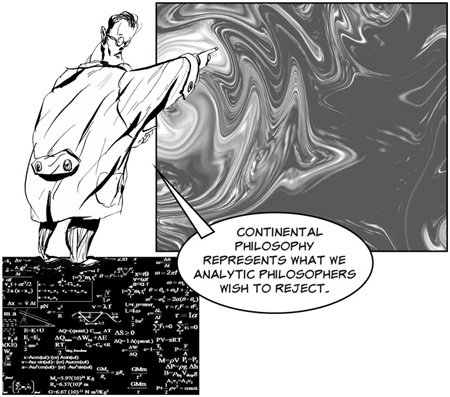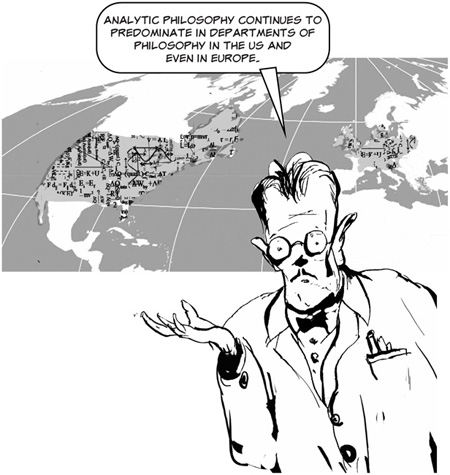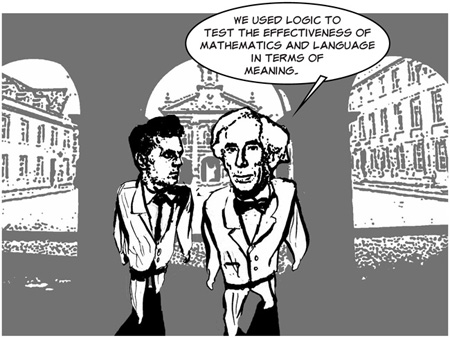
Published by Icon Books Ltd, Omnibus Business Centre, 3941 North Road, London N7 9DP
email:
www.introducingbooks.com
ISBN: 978-184831-775-8
Text copyright 2013 Christopher Kui-Want
Illustrations copyright 2013 Icon Books Ltd
The author has asserted his moral rights.
Edited by Duncan Heath
No part of this book may be reproduced in any form, or by any means, without prior permission in writing from the publisher.
Contents
Thinking creatively
As the great Continental philosopher Friedrich Nietzsche asserted, we only begin to think and live creatively when we no longer expect the world to answer and mirror our assumptions about ourselves. Otherwise we are likely to become dull and complacent:
HAIL, CONTINUAL PLODDERS, HAIL! LENGTHEN OUT THE TEDIOUS TALE, PEDANT, STILL IN HEAD AND KNEE, DULL, OF HUMOUR NOT A TRACE PERMANENTLY COMMONPLACE, SANS GNIE ET SANS ESPRIT! (LACKING CREATIVITY AND NO WIT!)
What is Continental philosophy?
Continental philosophy is a name for the desire to exist beyond the kind of comfortable self-delusion that Nietzsche satirizes. If we remain relatively stable and unchanging in terms of our thinking, then the very power of life for change and creation will become exhausted.
WHAT WILL RESULT IS A MERE REPETITION OF THE SAME MONOTONOUS THING, A KIND OF LIVING DEATH.
Continental philosophy is based on the intuition that thinking can oppose inertia and the intractable wish to stay the same.
Continental philosophy refers to a radical form of philosophy developed by European thinkers writing in the period from the 18th-century Enlightenment to the present day. The major thinkers in Continental philosophy originated from Germany and northern Europe, but by the mid-20th century this type of thinking had largely shifted to France. As Alain Badiou, one of Frances leading contemporary philosophers, observes:
ALL OF FRENCH PHILOSOPHY IS, IN REALITY, A DISCUSSION OF THE GERMAN HERITAGE WITH ITS FORMATIVE MOMENTS IN THE 1930S AND 1940S. Alain Badiou
The close connection between French 20th-century philosophy and earlier German thought is shown by the fact that nearly every major French philosopher of this period has published books on the great German philosophers Kant, Hegel, Nietzsche and Heidegger.
A distinguished company
The incredibly fertile seam of thinking that Continental philosophy represents is indicated by a roll call of its major philosophers.
FROM GERMANY AND NORTHERN EUROPE THIS INCLUDES: THE MOST SIGNIFICANT FRENCH PHILOSOPHERS IN THE CONTINENTAL TRADITION COMPRISE:
Immanuel Kant Johann Gottlieb Fichte Friedrich Schelling Georg W.F. Hegel Arthur Schopenhauer Friedrich Nietzsche Edmund Husserl Martin Heidegger
Georges Bataille Maurice Merleau-Ponty Jean-Paul Sartre Roland Barthes Maurice Blanchot Jean-Franois Lyotard Michel Foucault Jacques Derrida Gilles Deleuze Luce Irigaray Jean-Luc Nancy Jacques Rancire Alain Badiou
intellectual tradition, the list of Continental philosophers also embraces the psychoanalysts Sigmund Freud, Melanie Klein, Jacques Lacan and Julia Kristeva, as well as Karl Marx and the Frankfurt School of philosophy, especially Max Horkheimer, Theodor Adorno, Herbert Marcuse, Walter Benjamin and Jrgen Habermas.
Today, Continental philosophy is not exclusively French. Significant contributions have been made by Slavoj iek, from Slovenia, as well as Italian philosophers such as Giorgio Agamben and Gianni Vattimo.
Continental vs. Analytic philosophy
Today its common to refer to two predominant types of philosophical thought: Continental philosophy and Analytic philosophy. The term Continental philosophy was first coined in the 1950s in Britain by university departments of Analytic philosophy as a term of criticism and even abuse. Universities in the US followed suit in the 1960s and 70s.
CONTINENTAL PHILOSOPHY REPRESENTS WHAT WE ANALYTIC PHILOSOPHERS WISH TO REJECT.
Although the term Continental philosophy stems from the second half of the 20th century it was not a term that any of the philosophers, themselves, would have recognized when they were writing in the 18th, 19th and first half of the 20th centuries.
The two traditions of Analytic and Continental philosophies are often opposed to each other and there have been many disputes between the differently aligned philosophers about each others work. These disputes have had a significant effect on the academic agendas and staffing of university departments of philosophy over the past four decades.
ANALYTIC PHILOSOPHY CONTINUES TO PREDOMINATE IN DEPARTMENTS OF PHILOSOPHY IN THE US AND EVEN IN EUROPE.
While Continental philosophy has something of a presence in university departments of philosophy, its influence is felt more in the humanities, in the fields of literary studies, art theory and cultural studies.
The value of logic
Analytic philosophy traces its origins to the philosophies of Bertrand Russell (18721970) and Ludwig Wittgenstein (18891951). In the early decades of the 20th century at Cambridge University these founders of the Analytic tradition subjected the structures of reasoning in both mathematics and language to a critique of logic.
WE USED LOGIC TO TEST THE EFFECTIVENESS OF MATHEMATICS AND LANGUAGE IN TERMS OF MEANING.
Today, Analytic philosophy is a broad subject area encompassing many interdisciplinary concerns. However, in the 1950s there was the belief that Analytic philosophy represented prized values of logical rigour and clarity as a means of gaining, if not objectivity, then at least some form of impartiality. In contrast, Continental philosophy was seen, at best, as a branch of literature and poetry and, at worst, as a form of sophistry disguising its lack of rationality through an opaque and difficult language.
A shared history
Both Analytic and Continental philosophy trace their origins back to German philosophy and, before that, to Descartes in the 17th century and ultimately to ancient Greek philosophy (the pre-Socratics, Plato, Aristotle et al). Given these shared histories, the perceived differences between the two approaches are not always so clear.

